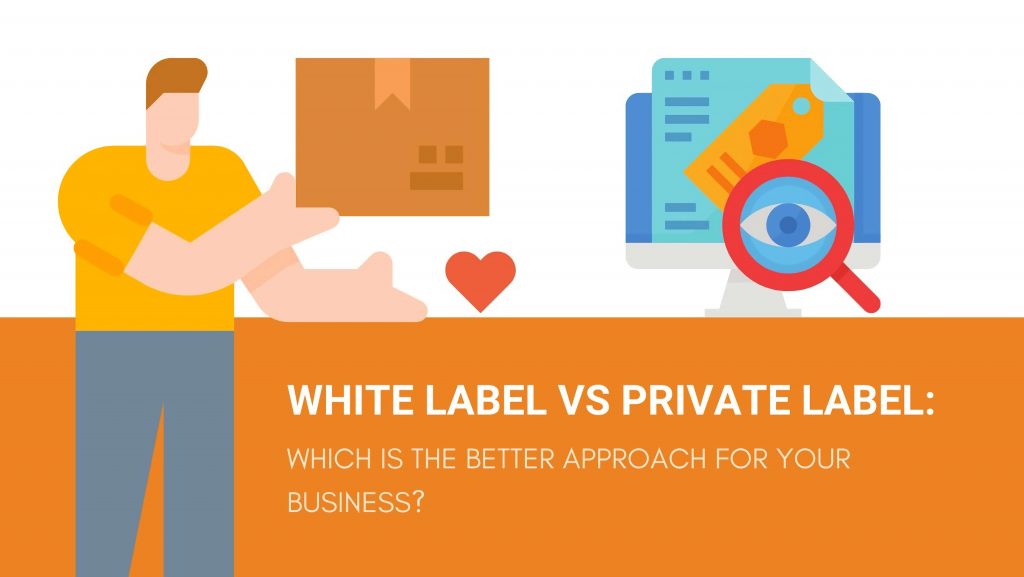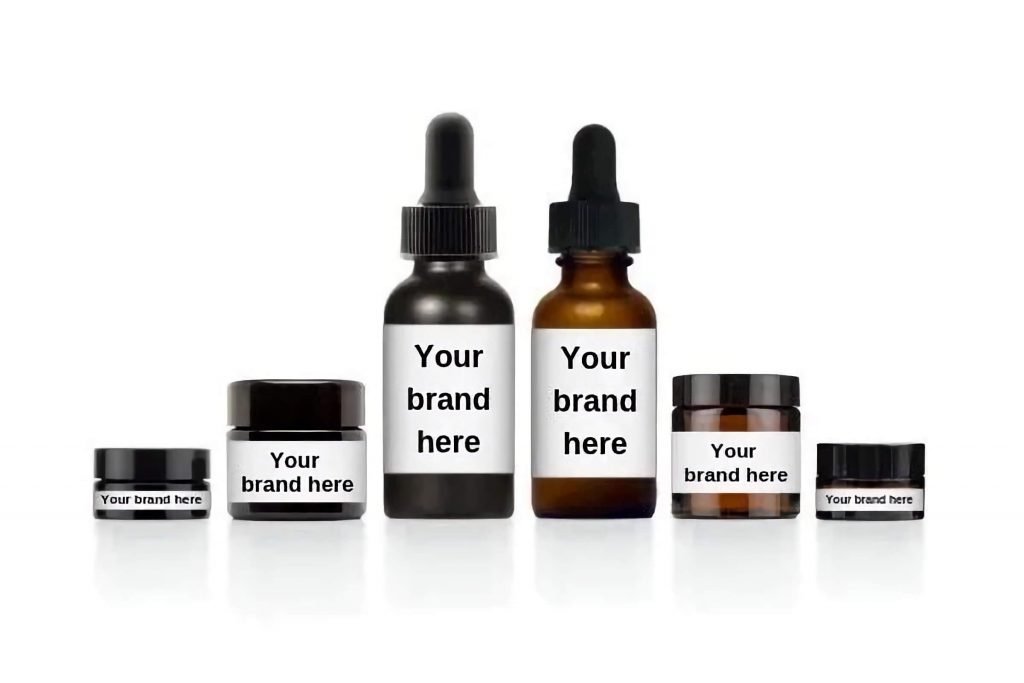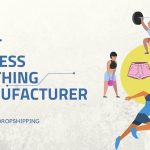A Guide To Private Label VS White Label Dropshipping
- 07/07/2022
- Philip K
The terms private label vs white label should sound familiar to anyone who deals with sourcing products and services. If you’re looking to or are going into dropshipping, you’ll probably need to choose between these two as well. Dropshipping is an eCommerce business model where your online store sells outsourced products.
This guide will outline the differences between private label and white label dropshipping so you can understand which model is better for your company and how you can apply this knowledge to advance your business goals. Let’s start.

Private Label Dropshipping
What is Private Label?
Private label dropshipping is the process of selling products that are sourced, warehoused and delivered by a third party but are branded by another company. Private labelling means a dropshipping retailer can outsource production to an expert manufacturer.

Benefits of Private Label
Having unique products through private labelling also increases brand loyalty and customer retention. If you are offering a product that a customer likes, the brand creates a connection between your business and the customer, making your brand credible. If they enjoy your product they will come straight to you over your competition, resulting in repeat purchases.
Because you have more free rein over your prices and margins with private labelling, you can also increase growth as a wholesale retailer. In addition, because you will have exclusive products, it increases their perceived value to customers leading to more customers buying a different exclusive product. Increasing your customer base and increasing revenue.
Cons of Private Label
Although there are many benefits to private label dropshipping, There are also some downsides. This looks at the dependency on 3rd party companies and their requirements as well as minimum order requirements.
White Label Dropshipping
What is White Label?
White labelling is the process of bulk ordered products on mass, then being made slightly different with the addition of a logo or brand name added to them. White labelling is a popular dropshipping technique of bulk ordering generic products with companies adding value through their branding.

Benefits of White Label
Much like private label dropshipping, there are many benefits and advantages of using white label dropshipping. It may depend on what kind of business you are but, you can take full advantage of smaller/no MOQ and the time and money it can save for your business.
Another advantage to white labelling small minimum order requirements is that it allows you to properly test your products in the market before you decide to mass-produce them. Manufacturers also sell white label products to retailers for wholesale prices so you save money on development and initial set-up costs.
As mentioned before, white-label dropshipping requires a smaller initial investment than private label dropshipping as the products have already been produced and designed by the manufacturer.
Cons of White Label
Although there are many benefits to white label dropshipping there are a few cons. Cons like your branding limitations, the high competition of white label dropshipping and the products you have to choose from.
Private Label VS White Label: What is the Difference?
Private label manufacturers create products exclusively for one specific retailer, so another retailer cannot have a similar product.
White-label products are not unique and exclusive because the manufacturer offers the same item to different sellers, but not just to you.
Selling white-label products requires a lot of advertising because sellers will have many competitors. If the seller successfully implements an effective marketing strategy, then it can lead to several times increase in revenue.
Selling private label products requires paying high costs for them, including product research, product development, and marketing, among others. However, since sellers can sell exclusively, the return on investment is also quite high.
For white-label products, all the products are produced before the seller and manufacturer reach an agreement, so the only thing the seller can customize is the packaging.
For private label products, the retailer can customize the item and control the specifications, design, etc. of the product.
Private labels are generally more common in physical products, such as cosmetics, household products, and apparel. Private labeling is also particularly popular in the healthcare industry and in consumables such as food and beverages.
White labels are a widely used business model within the technology sector, especially for things like IT, marketing, and advertising technology. They are distributed to retailers who resell them as their own products.
Private label products typically sell for a higher price than white label products, and with private label, the customer is buying a product that is unique to a particular supplier, which indicates that the product has unique features.
In contrast, with a white-label product, the item sells for less than a private label because the product is sold by multiple retailers and is easy for the consumer to buy anywhere.
Retailers that sell white-label products may need to be more creative with their marketing, branding, and advertising. Because multiple retailers sell the same products, retailers must find ways to get the upper hand in branding style and marketing. Unique advertising and branding techniques can help differentiate resellers’ products from those of their competitors.
Private labeling allows retailers to make changes to the product, which are usually localized changes in appearance that do not affect the functionality of the product. For example, a retailer purchasing private label cosmetics may request a change in the color or packaging of the cosmetic, but the ingredients of the cosmetic will not change.
In contrast, white labels do not allow retailers to make any changes to the product, but they can customize the labeling of the product.
Selling a product through a white label allows you to enter the market quickly because the retailer has already done the legal procedures that you need to go through to sell that product for you. For example, the retailer already has a regulatory license for the product or has passed the legal requirements needed to operate an online store.
Compared to private label sales of products that are a little slower because you have to register everything about the product yourself.
White Label VS Private Label: Which Is Better?
Whether to sell white-label or private-label products depends largely on the product and the company itself. For newcomers to the e-commerce world, white-label products may be a good choice to save time and money – after all, it’s much easier to repackage a product that has already been produced than to create your own from scratch.
But for some sellers, it may be more important to get a reliable and recognized brand. There are pros and cons to both labels, and whichever one you use sellers need to understand and decide what kind of business they have, what kind of products you need, and whether the type of product you choose fits the seller’s brand, resources, business goals and level of commitment.
Use an eCommerce Fulfilment Specialist
The most important choice when starting a dropshipping business of any form is to ensure you have a reliable, trustworthy partner. That’s where Honest FulPhilment comes in. Get in touch with our team today if you have any questions.
More about Private Label VS White Label:
Need a Quick Quote?
– Competitive price
– Quote within 24 hours
– 30+ Shipping methods
– Dedicated account manager
– Shopify/Woo integrations
– Autofulfil
– Auto tracking
– Plus much, much more

5 Best Wholesale Home Decor Suppliers 2023



10 Best Bikini Brands For Summer 2023








